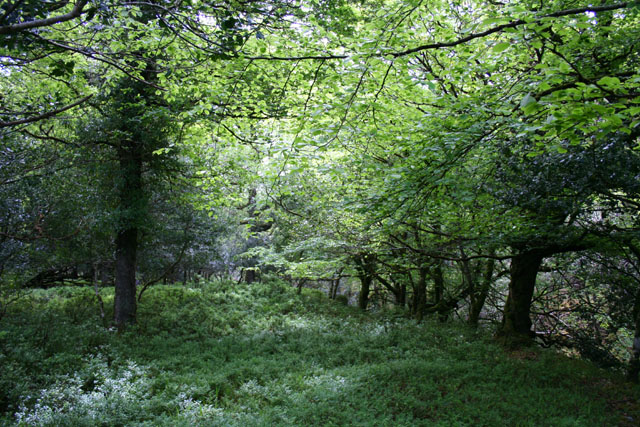Guidelines for getting outdoors safely during COVID19

March 20th, 2020
Increasing numbers of people are seeking the natural benefits of getting outdoors, taking in fresh air, letting off pent up energy and enjoying our Island’s incredible nature during this difficult and uncertain time.
Now, more than ever, it is vitally important that collectively, we use the outdoors responsibly, taking care of each other and taking care of our local environs, our magnificent wildlife, our lands and waters.
The outdoors is our escape, somewhere to step away from the news cycle and gain some sense of normality. We need to pull together now and protect our nature, our wildlife, our local spaces so that we continue to have somewhere beautiful, natural and available to all the people to enjoy.
However, as seen in the media this week, overcrowding at popular outdoor beauty spots, lack of social distancing, increased disturbance of wildlife and vegetation, rubbish left behind, are all indicators that outdoor use is up but we are not caring for our outdoor spaces as we should be.
Following these below guidelines ensure we are being collectively responsible in our use of outdoor spaces, protecting ourselves, our families, our fellow citizens and our incredible island.

Plan Ahead: Check the weather forecast and wear appropriate clothing and footwear. Ensure you have adequate hydration and food snacks. Be safe, know your skill level and respect the landowner’s wishes by closing gates and not damaging fences or private property. Ensure you park responsibly and don’t block gateways, forest entrances and narrow roads which need to be passable for emergency services, land managers and local residents.
Expect Closures: As businesses like visitor centres, service stations and restaurants are closed, there are limited availability of services. The result could be a lack of water, toilets, or other facilities. Do your best to research before you leave home, but also be prepared for things to change quickly. Take necessary precautions like bringing extra food and water, learning how to go to the bathroom outdoors, and being ready to pack all your rubbish out with you.
Stay at Home, or at Least Stay Local: If you are unwell, the best thing to do is to stay at home. Even if you are not symptomatic, less travel is still a good idea. You can enjoy your local trails, open spaces, and parks. Rather than travel to popular outdoor places, try exploring your local area. There is a wealth of walks to choose from across Ireland. Whereas some are popular and well-known, many hidden gems are waiting to be explored. Consider participating in citizen science while you are outside.
Be Considerate of Other Visitors: Be considerate of other outdoor visitors by washing your hands regularly and using hand sanitizer when hand washing facilities are not available. Sneeze and cough into a tissue or your elbow and keeping group sizes small. Maintain social distancing throughout the day. There is plenty of space in the outdoors for everyone
Avoid Times and Places of High Use: Social distancing applies to the outdoors too. To avoid creating large crowds and groups at popular trails or outdoor areas, spread out to less popular spots, and avoid times of highest use if possible. If an outdoor area is more crowded than anticipated, don’t hesitate to adjust plans. Use low risk routes to avoid needing rescue services at this time. Remember to adhere to the HSE guidelines.
Bring Your Rubbish Home: With limited staff and services in many parks and protected areas, rubbish and recycling facilities may not operate as normal. This can result in rubbish overflowing which becomes litter and can harm wildlife and livestock. Instead of relying on these services, pack all your rubbish with you and bring it all home.
Be Responsible with Your Dog: If taking a dog with you, choose a location where dogs are permitted and keep your dog under control. Follow local signage and remember that the presence of dogs can startle sheep, wildlife and ground-nesting birds. Always carry waste bags with you when walking your dog and pick up after them.
If you are well, remain active through outdoor pursuits, but do your part and comply with the latest guidelines issued by the HSE in the Republic of Ireland and the HSC Public Health Agency in Northern Ireland. For more up to date information and advice about Coronavirus (COVID-19), please visit www2.hse.ie/coronavirus.
For ideas on where to find inspiration for safe and responsible outdoor activities, see www.leavenotraceireland.org Share these ideas with friends and family on social media #LeaveNoTrace #WeLoveNature
By Maura Kiely
Maura is CEO of Leave No Trace Ireland, the only recognised outdoor ethics education programme in Ireland that promotes caring recreational use of the countryside.







